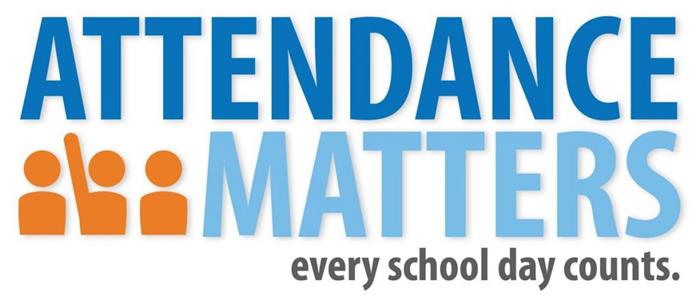- Maynard Holbrook Jackson High School
- Contact Information

Phone:
Email:
Degrees and Certifications:
Mr. Body
Phone: 404-802-5206
ATTENDANCE
According to research, chronic absenteeism can have a negative effect on student academic performance and can be a predictor of whether or not students will drop-out of school. Students who are absent or tardy miss valuable instructional time, and are less likely to master those skills, concepts, and principles needed for success. Make-up work can never replace the learning process that takes place in the classroom. Regular school attendance also establishes a pattern of positive habits that can be carried over throughout life.
COMPULSORY ATTENDANCE LAW
Unexcused absences and/or truancy may lead to legal action against the student and/or parents/guardians (see Student Attendance Policy, JB). All children enrolled in APS for 20 school days or more are subject to compulsory school attendance, even if they are under 6 years of age. Every parent, guardian or other person who has control of any child between the ages of 6 and 16 must enroll and send their child to school. Any parent, guardian or other person having control of a child that has more than 5 unexcused absences, after being notified by school personnel, will be guilty of a misdemeanor and subject to the following penalties:
Fine – not less than $25.00 and not greater than $100.00
Imprisonment – not to exceed 30 days
Community Service – or any combination of such penalties at the discretion of the courts
Each day absent after 5 unexcused absences will constitute a separate offense.
EARLY CHECK-OUTS
Whenever a student is released from school prior to the end of the regular school day, the student should bring a written note from his/her parent/legal guardian stating the reason for the early dismissal. The student should only be released to his/her parent/legal guardian or to a person designated by the parent/legal guardian, as documented by school records, and upon presentation of proper identification or confirmation by telephone or fax. Students may also be released to child welfare authorities as allowed by law. Because class time is important, doctor’s appointments should be scheduled, if possible, at times when the student will not miss instructional time. Parents should not check out students for the purpose of avoiding car rider traffic.
PARTICIPATION IN EXTRACURRICULAR ACTIVITIES
If a student is marked with an unexcused absence for the school day, the student will not be allowed to participate or attend extracurricular activities scheduled for the same day that the student is absent.
MAKING UP MISSED ASSIGNMENTS OR TESTS
It is the student’s and parent’s responsibility to make arrangements for make-up work. Students should ask their teacher for any missed assignments on the first day they return to school. The number of days allowed to complete make-up work will be determined by the principal or his/her designee. Failure to comply with this procedure will result in a grade of zero (0) being given for graded assignments missed during an excused absence. At the discretion of the school principal, any student who receives an out-of-school suspension that interferes with his/her ability to participate in standardized testing, may be granted an opportunity to participate in partial suspension and attend school during the testing time only. Any student who receives an out-of-school suspension, but presents as a safety concern to the school community may be denied an opportunity to return to his/her zone school and participate in standardized testing during the suspension period.
DROP OUTS
Unemancipated students between the ages of 16 to 18 who have not completed all requirements for a high school diploma who wish to "drop out" shall have the written permission of his or her parent or legal guardian prior to withdrawing. Prior to accepting such permission, the school principal or designee shall convene a conference with the child and parent or legal guardian within two school days of receiving notice of the intent of the child to withdraw from school. The principal or designee shall make a reasonable attempt to share with the student and parent or guardian the educational options available, including the opportunity to pursue a general educational development (GED) diploma and the consequences of not having earned a high school diploma, including lower lifetime earnings, fewer jobs for which the student will be qualified, and the inability to avail oneself of higher educational opportunities. Eighteen-year-old students and sixteen- and seventeen-year-old emancipated minor students may also withdraw from school. The principal (or designee) will notify the parent(s)/legal guardian(s) if the student resides with them and conduct an exit conference with the student.

